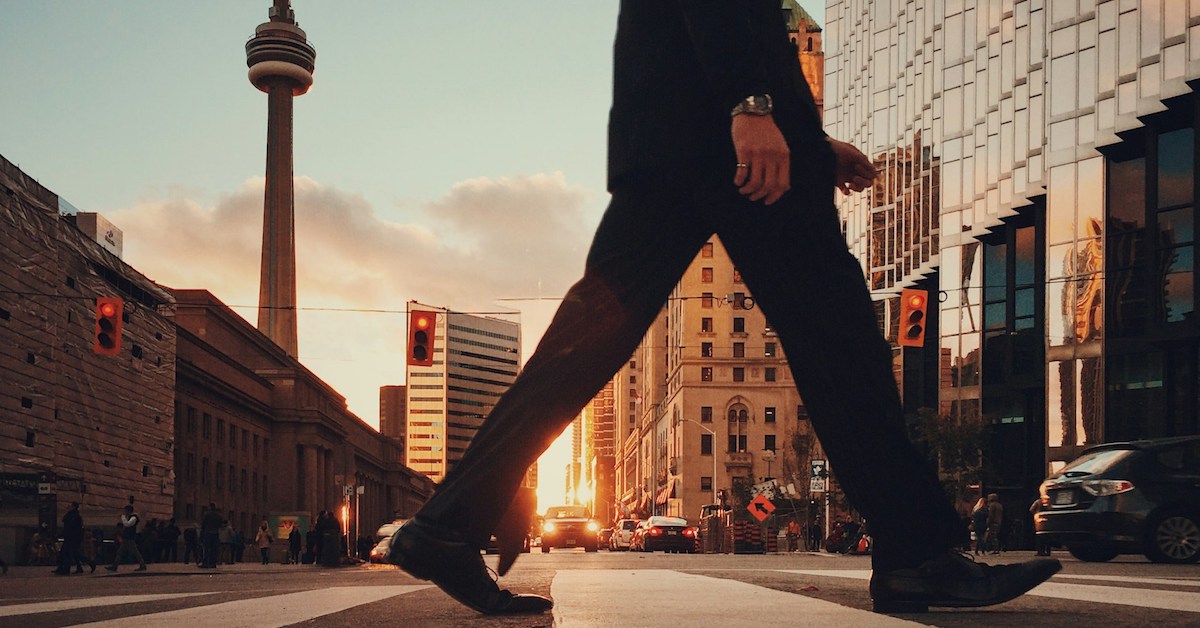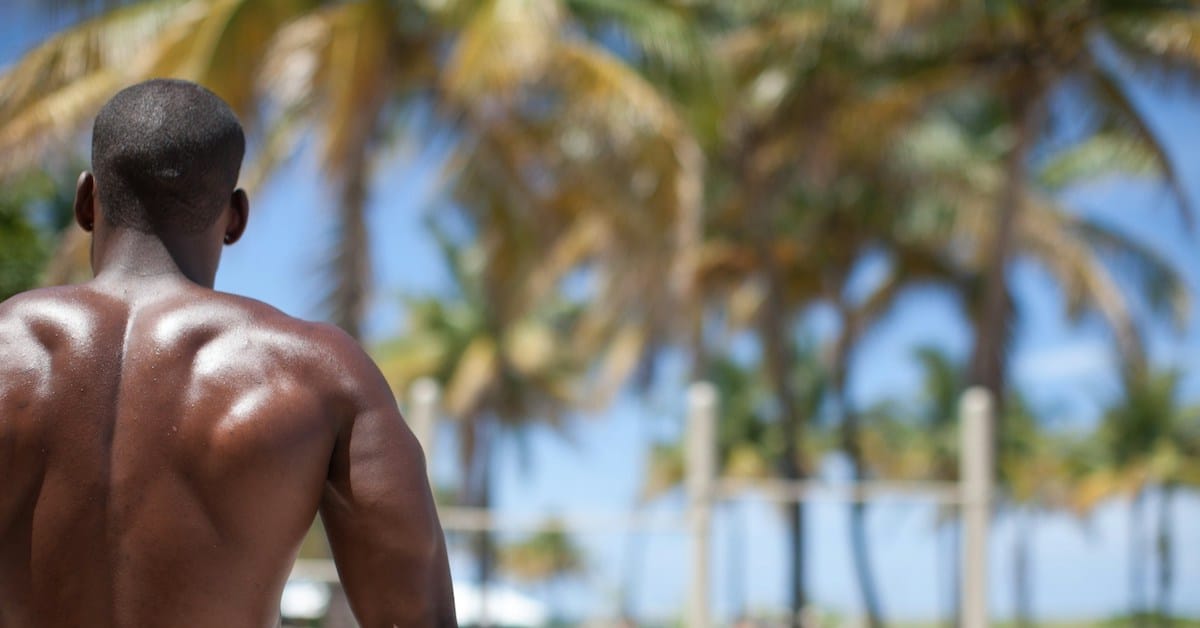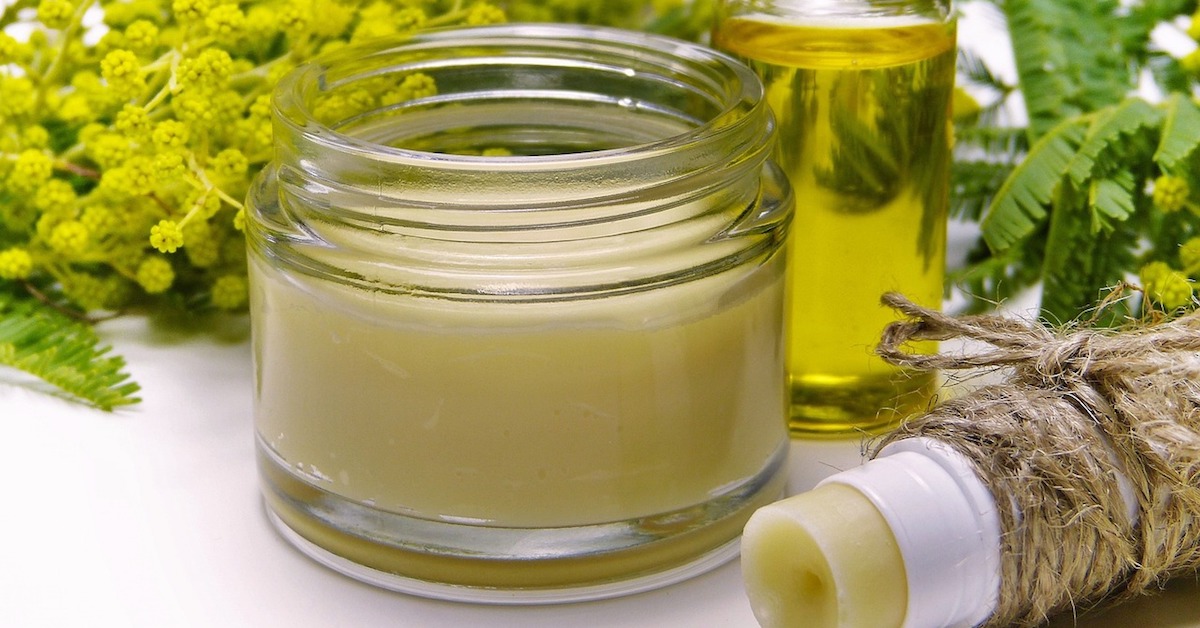Corey Hart may have been onto something with his ’80s hit Sunglasses at Night. Believe it or not, wearing sunglasses after sunset might actually be better for your health than wearing them during the day.
Melatonin, the sleep-inducing hormone, is influenced by light exposure. The darker your environment, the more melatonin your body produces. During the day, limiting sunglass use allows natural daylight to reach the retina, suppressing melatonin production and keeping you awake, alert, and energetic. But at night, blocking light—especially blue light—can help signal your body that it’s time to wind down for sleep.
The Problem with Blue Light
The most powerful disruptor of melatonin is blue light, a high-energy visible wavelength emitted by electronics and energy-efficient lighting. While all sunglasses filter some blue light, orange-tinted glasses (or blue blockers) can block nearly 100% of it. Wearing these glasses at night while using a computer, smartphone, or television—or even in any artificially lit room—can help protect your melatonin production.
Before the invention of the lightbulb, humans were only exposed to the dim, amber glow of candles or firelight at night. Now, we’re constantly surrounded by bright blue light, which is beneficial during the day but disruptive after dark.
Artificial Light: A “New Kind of Extinction”?
In Sleep Thieves, Stanley Coren identifies the lightbulb as the #1 “thief” of sleep (with night shift work coming in second). Authors T.S. Wiley and Bent Formby echo this sentiment in their book Lights Out, suggesting that artificial lighting has fundamentally altered human biology. They even refer to modern light pollution as a “new kind of extinction,” warning that excessive exposure to artificial light at night may negatively impact life expectancy. Research supports their concerns (see Dauchy et al., 1997 & 2010).
Daylight Exposure: The Key to Better Sleep
Ironically, while artificial light at night is a problem, most people don’t get enough natural light during the day. In Powerful Sleep, Kacper Postawski emphasizes the importance of bright light exposure for high-quality sleep. According to his research, getting sufficient daylight helps regulate body temperature rhythms, promoting deeper sleep at night. Conversely, inadequate daylight exposure flattens this rhythm, reducing sleep quality and daytime energy levels.
Take-Home Message
Daytime:
- Maximize natural light exposure. Open your blinds as soon as you wake up.
- Spend time outdoors whenever possible.
- Minimize sunglass use unless absolutely necessary.
- Use full-spectrum lighting indoors if you work in an office.
Nighttime:
- Reduce light exposure, especially blue light. Wear orange-tinted blue blockers after sunset.
- Turn off electronic devices after 9 p.m.—read a physical book or take a relaxing salt bath instead.
- Sleep in total darkness—your bedroom should resemble a cave!
Optimizing your light exposure might be one of the simplest yet most effective ways to improve your sleep, energy levels, and overall health.

No Time to Walk After a Meal? Do This Instead!
By now, most people know that getting in daily steps is essential for overall health. In particular, taking a short

Stay Fit on the Fly: No-Excuse Workouts for Travelers
One of the biggest challenges people face when traveling is maintaining their exercise routine. The two most common excuses? Lack

The DIY 3-Ingredient Skin Elixir
If you’re looking for one of the most powerful anti-aging skin creams on the market, look no further. You can
follow
Error: No feed with the ID 2 found.
Please go to the Instagram Feed settings page to create a feed.
